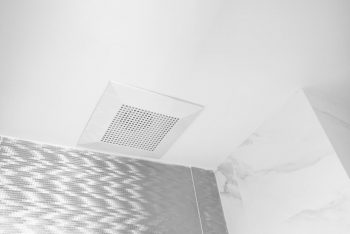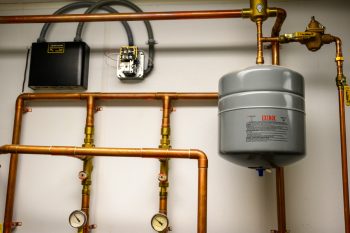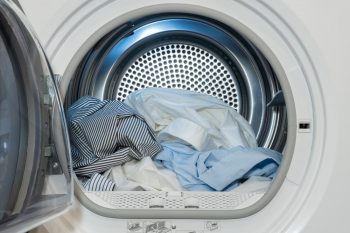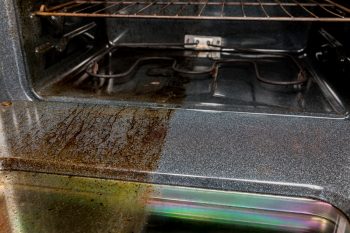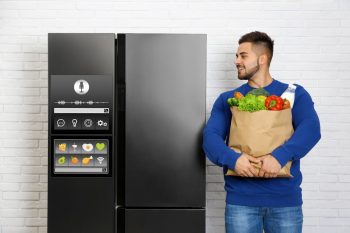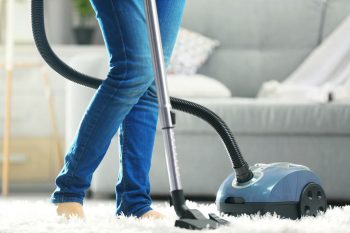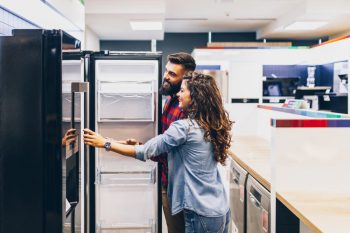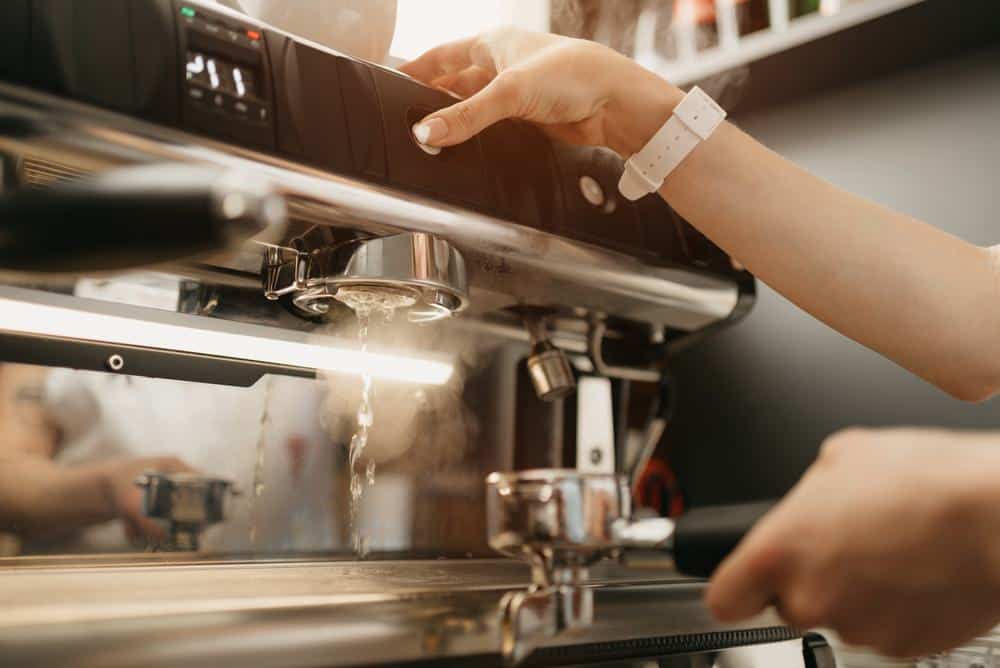
Choosing the right coffee for your DeLonghi espresso machine can make all the difference in taste and overall brewing experience. While there’s no specific brand of coffee beans that you must use with a DeLonghi espresso machine, there are several factors you should consider to achieve the best flavor and aroma. This comprehensive guide will provide insights into the types of coffee you can use, how grind size affects flavor, and much more.
There’s no specific brand of coffee beans that you must use with a DeLonghi espresso machine. However, it’s recommended to use high-quality beans that suit your taste preferences. De’Longhi’s Signature Espresso Blend Coffee, a 100% Arabica medium roast whole bean coffee, is a great option. But you can also experiment with other coffee beans suitable for espresso machines. Just ensure they aren’t oily, flavored, caramelized, or candied. The grind size should be fine to very fine for the best flavor, and the ideal coffee to water ratio is 1:2.
The Ideal Coffee for DeLonghi Espresso Machines
For a DeLonghi espresso machine, it is recommended to use high-quality coffee beans that align with your taste preferences. De’Longhi, in partnership with Coperaco, has created a specialty blend exclusively for brewing with De’Longhi machines. This includes their Signature Espresso Blend Coffee, a 100% Arabica medium roast whole bean coffee.
However, don’t feel limited to this blend. Feel free to experiment with other coffee beans suitable for espresso machines. Some of these include:
- Coffee Bros Espresso Blend (Medium roast)
- Illy Classico Espresso Ground (Medium roast)
- Intelligentsia Black Cat Espresso Blend
- Lavazza Espresso Italiano (Medium roast)
- Lavazza Qualita Rossa (Medium-dark roast)
Ensure that the beans you choose aren’t oily, flavored, caramelized, or candied, as they may not be suitable for your DeLonghi espresso machine.
The Impact of Grind Size on Flavor
The grind size significantly impacts the flavor of the espresso produced by your DeLonghi machine. For espresso, a fine to very fine grind is ideal. This grind increases the surface area of the coffee beans, allowing the hot water to extract more flavor.
If the grind is too coarse, the coffee may taste weak; if it’s too fine, the coffee may taste strong and astringent. For DeLonghi espresso machines, a good-quality burr grinder that can grind the beans to a very fine (but not too fine) density is recommended.
The Coffee to Water Ratio
The ideal coffee to water ratio for brewing the perfect espresso in a DeLonghi machine is a 1:2 ratio. This means using 1 gram of coffee for every 2 grams of water. This ratio produces a concentrated espresso shot. For a single shot, you typically use around 7 to 8 grams of coffee beans.
The Choice of Coffee and Its Effect on Flavor
The choice of coffee beans plays a significant role in the flavor and strength of the espresso. Factors such as the type of beans, roast level, and freshness can affect the taste of the espresso.
For example, Arabica coffee beans are known for their smoother, sweeter taste with flavor notes of chocolate and sugar, while Robusta beans have a stronger, more bitter taste.
The roast level also impacts flavor. Light roasts tend to be more acidic and have a lighter body, while dark roasts are often more full-bodied and have less acidity.
Freshly ground coffee beans provide a richer flavor and aroma compared to pre-ground coffee. Coffee beans start to lose their freshness immediately after roasting, so it’s best to use them within 4-5 weeks of their roasting date.
Using Flavored Coffee Beans or Blends
Flavored coffee beans or blends can be used in a DeLonghi espresso machine. However, flavored beans can impact the taste of the espresso and may leave residue in the machine, affecting the flavor of future cups. To avoid these issues, it’s best to use high-quality beans with natural flavors and clean your espresso machine regularly.
In conclusion, there’s no one-size-fits-all approach to choosing coffee for your DeLonghi espresso machine. What’s most important is that you select high-quality beans that suit your personal taste preferences and ensure they are ground correctly for optimal results. Happy brewing!
Frequently Asked Questions
How often should I clean my DeLonghi espresso machine?
It’s recommended to clean your DeLonghi espresso machine after every use to maintain its performance and longevity. However, a deep cleaning with a descaling solution should be done every 3-4 months, or as recommended by the manufacturer.
Can I use pre-ground coffee in a DeLonghi espresso machine?
Yes, you can use pre-ground coffee in a DeLonghi espresso machine, but it’s important to ensure it’s a fine grind suitable for espresso. Also, bear in mind that freshly ground coffee typically offers a richer flavor and aroma.
What is the ideal brewing temperature for espresso in a DeLonghi machine?
The ideal brewing temperature for espresso in a DeLonghi machine is between 195°F (91°C) and 205°F (96°C). Most DeLonghi machines come with a pre-set temperature within this range for optimal extraction.
Can I use any type of coffee beans in a DeLonghi espresso machine?
While you can use any type of coffee beans in a DeLonghi espresso machine, it’s recommended to use high-quality, medium to dark roast beans for the best espresso flavor. Avoid using coffee beans that are overly oily, as they can clog the machine.
What is the difference between a burr grinder and a blade grinder?
A burr grinder uses two burrs, or grinding wheels, to crush coffee beans into a uniform size. This allows for a consistent grind, which is crucial for brewing a great espresso. A blade grinder, on the other hand, chops coffee beans, resulting in unevenly sized particles and a less consistent extraction. For DeLonghi espresso machines, a burr grinder is recommended.

